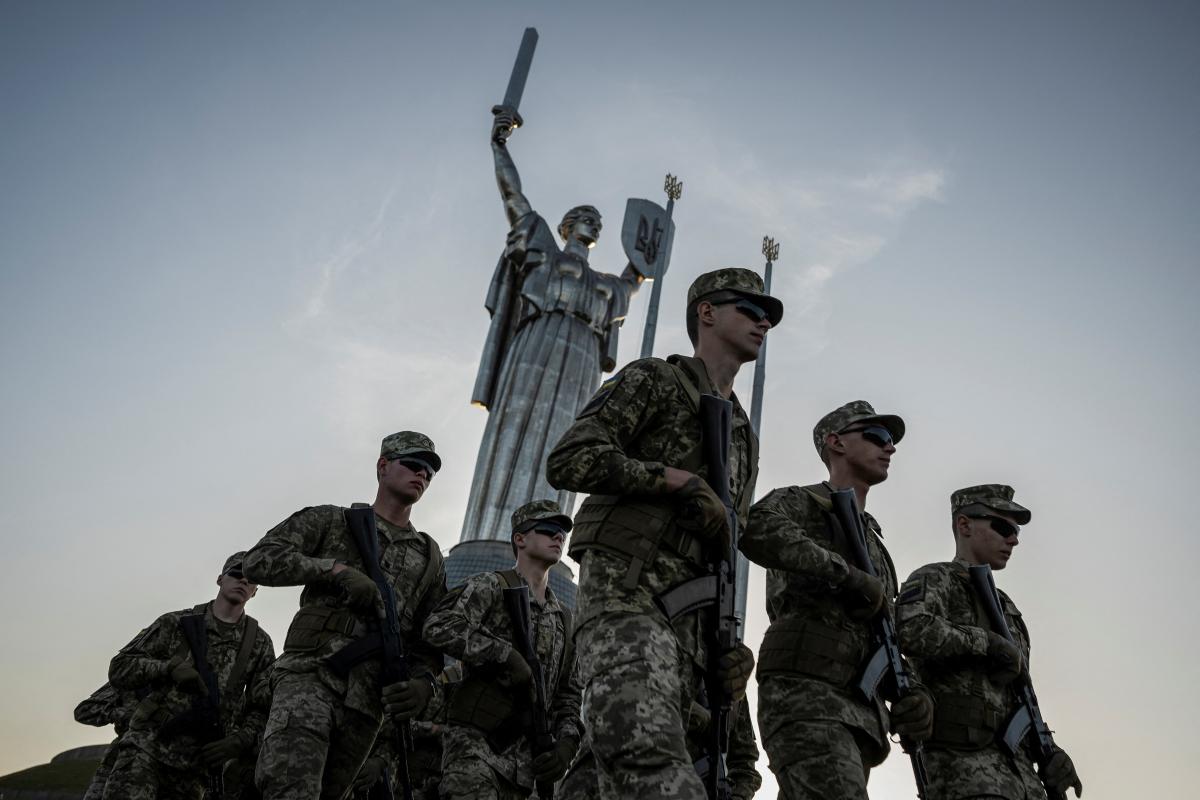Will the West Abandon Ukraine?

Kyiv Must Prepare for a Possible Change of Heart in America and Europe, Foreing affairs wrote
When Russia annexed Crimea and invaded eastern Ukraine in 2014, Kyiv had many supporters. France, Germany, the United Kingdom, and the United States sought the restoration of Ukrainian sovereignty through sanctions on Russia and through diplomacy, but they refused direct military involvement. Only belatedly did they provide lethal military assistance—not until 2019, in Washington’s case.
By late February of 2022, however, as Russia amassed its forces on the Ukrainian border, that reluctance had mostly melted away. The brutal invasion that followed, and Ukrainian President Volodymyr Zelensky’s charismatic leadership, generated a first round of Western military and financial aid. Ukraine’s stunning battlefield successes in September and October 2022 opened the door to even more ambitious support.
A coalition of the world’s wealthiest and most technologically advanced countries gives Ukraine a major structural advantage. Russia, by contrast, has only two countries—Iran and North Korea—openly assisting it with its war, although China has been both an important economic backstop to the Kremlin’s war effort and a provider of nonlethal military aid. Yet Western military support comes with its own risks and challenges. One is Ukraine’s extreme dependence on Western military and financial assistance. Ukraine’s army has shifted away from the aging infrastructure and antiquated doctrines that defined it during the post-Soviet era, becoming heavily reliant on Western equipment and strategic planning. Meanwhile, Russia is waging war on Ukraine’s economy, which would struggle to function without international help.
Continued Western commitment to Ukraine cannot be guaranteed. Political constituencies in Europe and the United States are questioning long-term support for Ukraine. So far, such voices remain in the minority, but they are multiplying and becoming louder. The promotion of openly pro-Russian and anti-Ukrainian views remains a political rarity. Instead, skepticism tends to emerge from long-running domestic political debates. In the United States, the war in Ukraine has become the latest flash point in the fight over how much Americans should care about (and spend on) supporting overseas partners and allies. In Europe, the COVID-19 pandemic and high inflation in the wake of the war have exerted economic pressure. Optimism about Ukraine’s success has begun to waver, leading to uneasiness about a major, open-ended war on European soil.